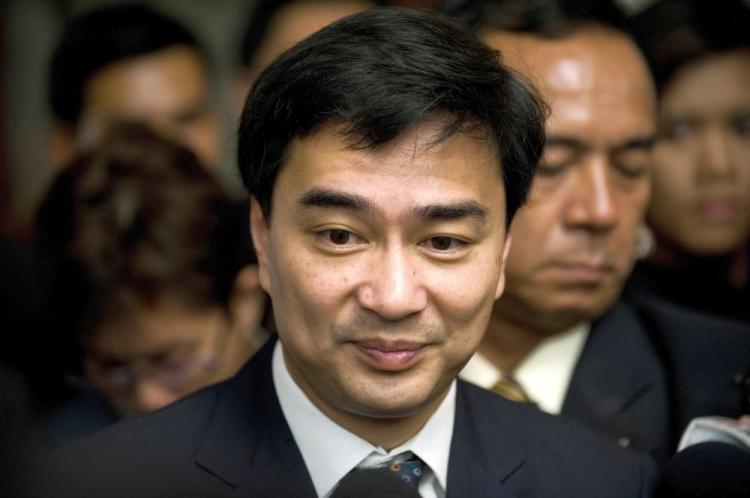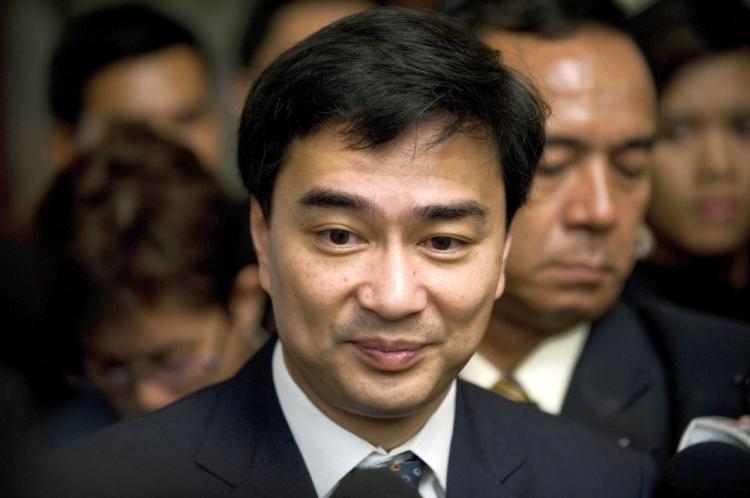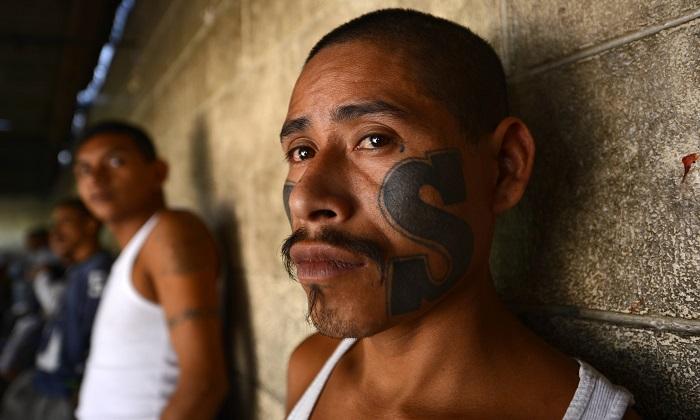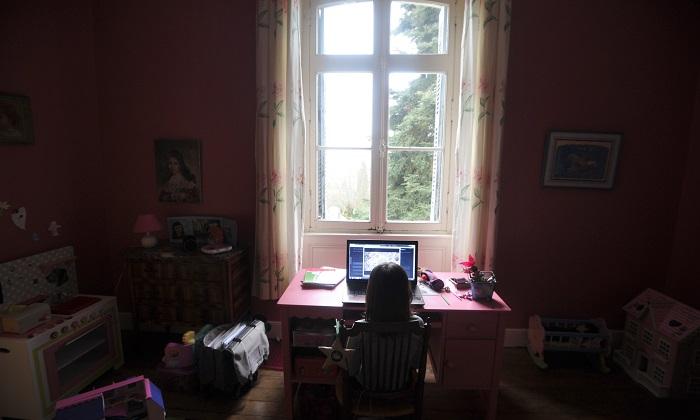BANGKOK—Despite the Thai economy continuing its growth through the traumatic political upheavals that occurred in Bangkok during April-May, a leading economist says it is not business as usual for Thailand.
Not Business as Usual for Thailand After Protests
Leading economist says it is not business as usual for Thailand after traumatic political upheavals.
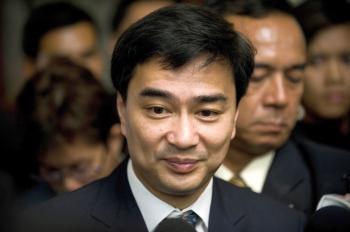
Thailand's Prime Minister Abhisit Vejjajiva may be promoting the idea of reconciliation and his government is talking up positive economic growth figures, but there is no real indication Thailand's political crisis is on the mend. Nicolas Asfouri/AFP/Getty Images
|Updated:
